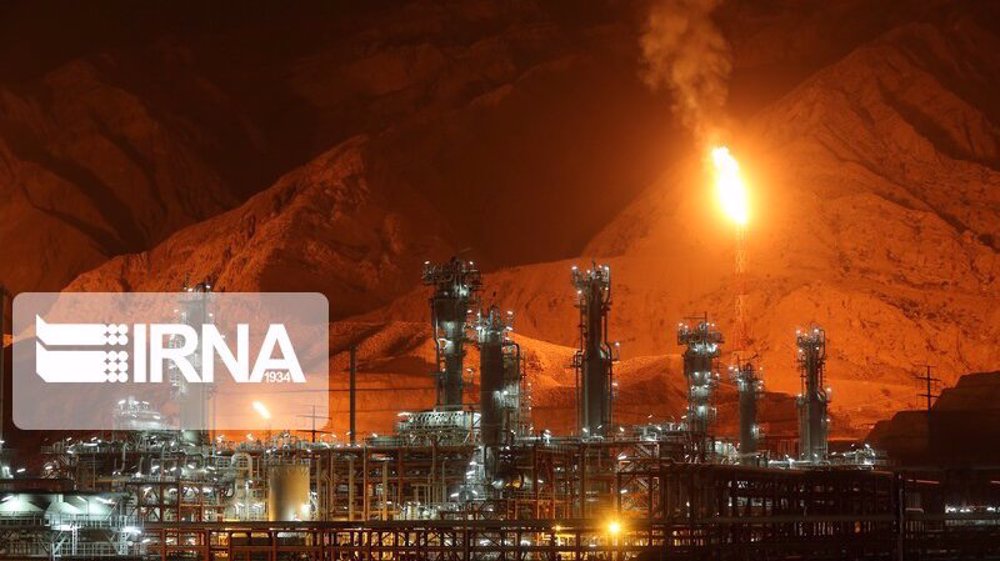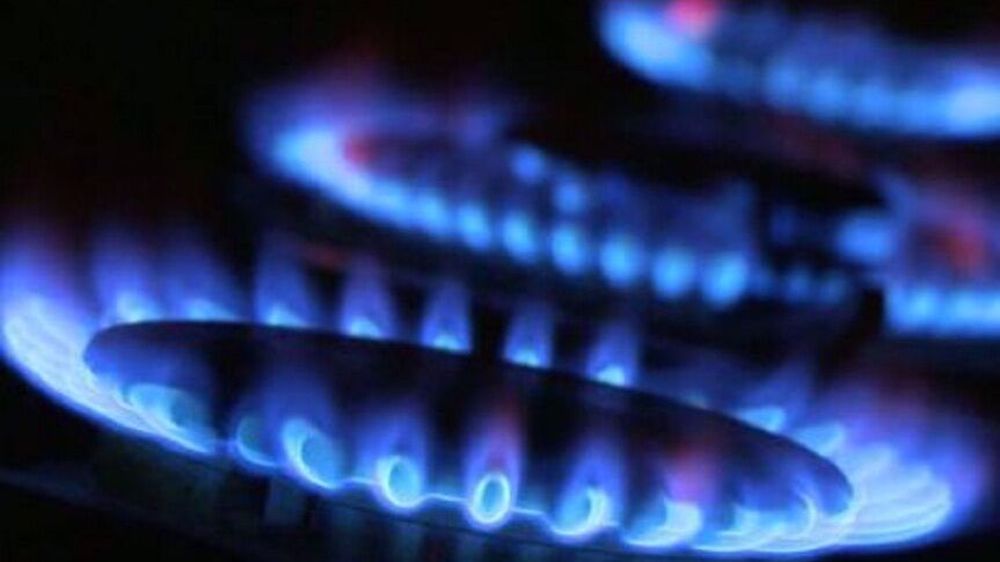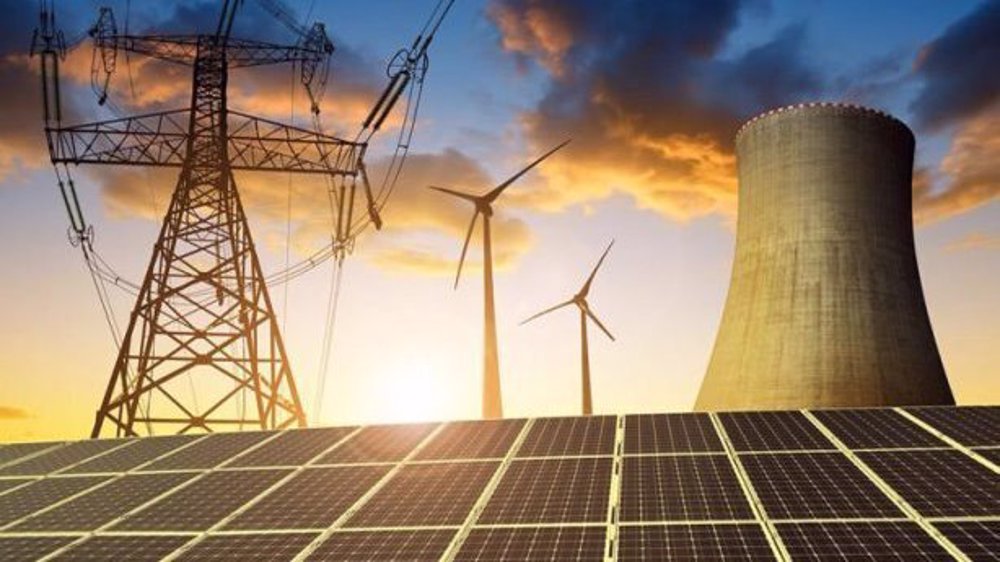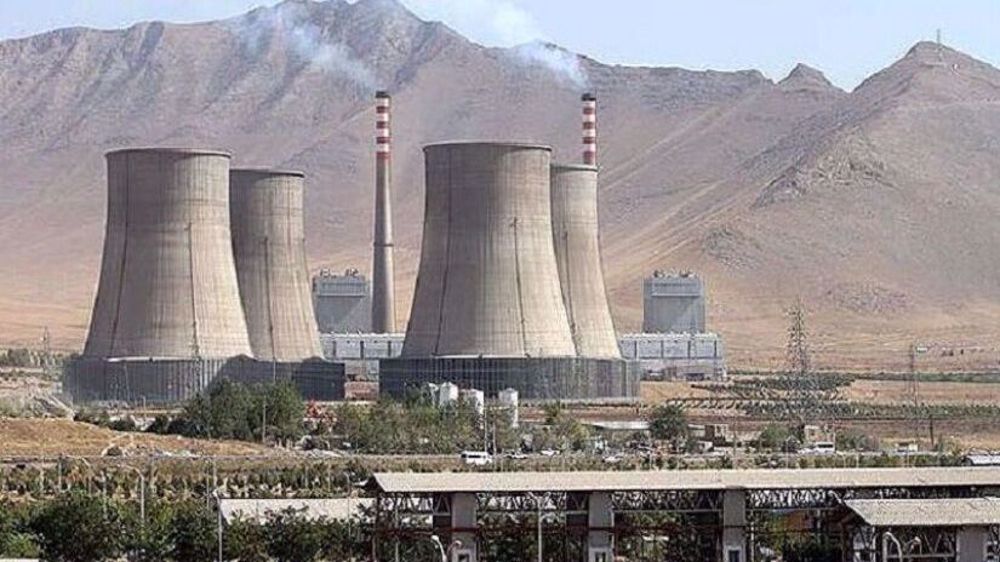Iran spent $60bn on goods, energy subsidies in fiscal year to March
Figures taken from an annual report by the Supreme Audit Court of Iran (SAC) indicates that the country spent nearly $60 billion in the year to late March on subsidies for basic goods and various energy products.
Tables from SAC’s Budget Review Report published on Monday showed that subsidies earmarked for basic goods imports into Iran as well as for consumption of five petroleum products, jet fuel, natural gas, water and electricity had exceeded 16,000 trillion rials ($59.25 billion) over the past fiscal year.
A report by the semi-official Tasnim News agency, which cited the figures, said that the subsidies paid directly from the administrative government’s budget or from other state funds had amounted to 46% of the money supply (M1) existing in Iran the year to March.
It said the figure was also 2.5 times the amount of total funds dedicated to the Iranian government’s public budget over the past calendar year.
Sitting on vast petroleum reserves, Iran charges some of the world’s lowest prices for domestic use of energy.
The country is one of the largest producers and consumers of natural gas in the world as consumption hit record highs of nearly 1 billion cubic meters per day over the cold winter days in 2020.
SAC’s figures showed that more than 60% of the subsidies paid last year by the government had been aimed at making affordable the use of natural gas in the country.
That included a huge supply of gas burnt in Iran’s power plants for generation of electricity.
Experts believe that raising the low prices of electricity in Iran can help control the massive use of natural gas in the country.
Leader: Iran has no proxy forces in West Asia
US fighter aircraft shot down ‘in friendly fire’ amid aggression on Yemen
Yemeni FM: Israel’s sponsors accountable for ongoing aggression on Sana’a
Eight Palestinians killed as Israel attacks Gaza school, hospitals
VIDEO | Rome, Milan host new protests in solidarity with Palestinians
Dec. 21: ‘Axis of Resistance’ operations against Israeli occupation
Spain jurists demand ties with Israel ties be cut
VIDEO | Press TV's news headlines











 This makes it easy to access the Press TV website
This makes it easy to access the Press TV website